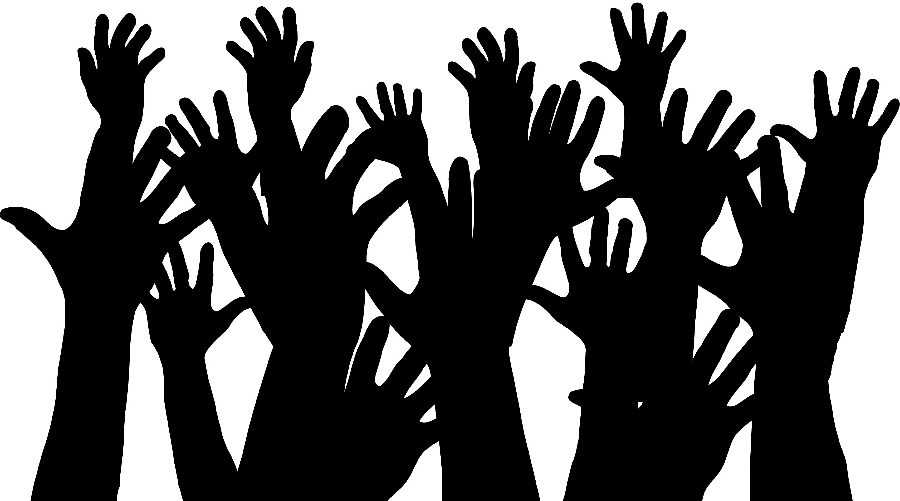Students check their privilege
Faculty and students attend event held by the Doyle Center that helps better understand the differences that others may not see on the surface
On March 23 the Patricia A. Doyle Center for Gender and Sexuality held the Privilege Walk at the Markee Pioneer Student Center.
The idea of the event was to better understand oneself’s privileges and marginalization to improve existing relationships with others and even yourself.
Doyle Center Coordinator Emily Stier thought it would be a great activity for students after she participated in one.
“I had participated in one before and going through that and realizing ways in which I had a lot of privilege, and then ways in which I didn’t have that much, and how that matched up to my friends or classmates, etcetera which is really powerful for me. So, I thought that would be something nice to bring to campus,” Stier said.
The way the event proceeded was by a series of questions being asked and to take one step forward or backwards if you have experienced it. For example, “if you can see a doctor whenever you feel the need, take one step forward” and “if you have ever tried to change your speech or mannerisms to gain credibility, take one step back.” As well as “if you can show affection for your romantic partner in public without fear of ridicule or violence, take one step forward.”
“There was a lesson plan that was on the internet that has formulated questions. Although I had kind of melded some together and took some from some lists. We even had a discussion afterwards on what questions we felt were missing or maybe we would do something differently,” Stier said. “There is no specific number that we have to ask so I think we can kind of ab and flow as we go through each one and definitely be tweaked or changed.”
After the activity there was a short discussion where they talked about which questions made them think the most and what factors the participants never thought of before. Topics that were discussed ranged from feeling oppressed to speaking about intersectionality.
According to dictionary.com, intersectionality can be defined as “the interconnected nature of social categorizations such as race, class, and gender as they apply to a given individual or group, regarded as creating overlapping and interdependent systems of discrimination or disadvantage.”
One participant said that nobody gets it all right. There was also talk about micro-aggressions and inner discrimination in groups like the lesbian, gay, bisexual and transgender community. According to dictionary.com, a microaggression is a subtle but offensive comment or action directed at a minority or other nondominant group that is often unintentional or unconsciously reinforces a stereotype.
Jeremy Payne, an adviser at the office of Multicultural Student Affairs, attended the privilege walk to better understand different perspectives his students may have.
“One of the questions was if you don’t have to fear walking in the parking lot alone by yourself at night,” Payne said. “So as a male that’s one of the advantages that I have or privileges that I have. That’s something I don’t have to consider in my everyday experience.”
The Doyle Center believed the event to be a success. Around 50 people attended the walk from different backgrounds and it was an eye opening experience for many.
“To have an activity and an experience that showcased privilege and kind of how that visually operates because I think there’s a lot of conversations about it but until you see it firsthand it’s pretty powerful,” Stier said.




